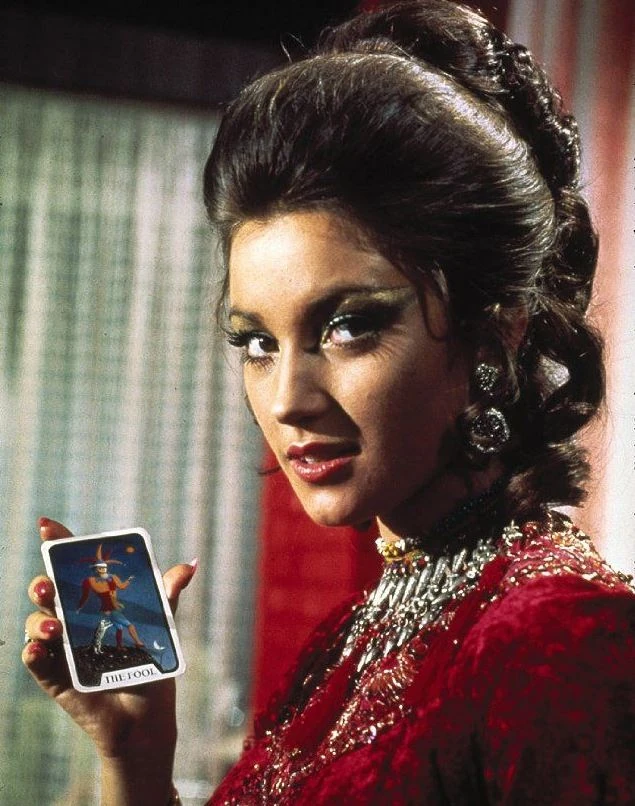The third draft. I make much ado about this third draft. It’s the one I want to have finished by next summer in time for HNS 2019. But what do I mean by “finished”?

I’ve been trying to sort this out and fortunately Outwrite DC last weekend had a Sunday workshop on “Prep to Practice” about this very subject. I initially attended for ideas about how to keep butt in seat but the advice for getting to done—and knowing when I’m done—was far more useful.
“Third draft” is something of a misnomer; when I say it I mean “the third time I’ve gone over the whole thing” but there are multiple passes involved in that. Roughly, from broadest overview to tiniest detail (and I’m probably getting some wrong):
- Plot: make sure the stakes are high enough for readers to care and that stuff is happening (for me, remove all bits of research showing-off and character navelgazing)
- Pacing: make sure nothing drags or feels rushed
- Continuity/loose ends: make sure it all makes sense
- Description: where are these people? What do they look like? Make sure they’re not just moving around in a plain white room
- Sense: make sure I included all five in aforementioned descriptions, where relevant
- Fact check: make sure all that nitpicky alchemical stuff is correct (and how I’m going to do that is a whole separate concern)
- Grammar/usage: the final and nit-pickiest, to save until last because it’s assumed in all previous stages you’ll be adding/rewriting.
I also got some good ideas for organizing all my beta reader feedback: alternately add it all to the most marked-up copy and refer back to it, OR read it all to get the gist of what multiple readers ping as a problem and proceed.
Lack of description/cold chapter openings and failure to make it clear who’s speaking are my main problems throughout, so I’m addressing these first. I think I caught most of the continuity problems on the out-loud read through, and I’m guessing (? hoping? This is more art than science!) that fixing plot and pacing is going to involve more deletion than rewriting.









